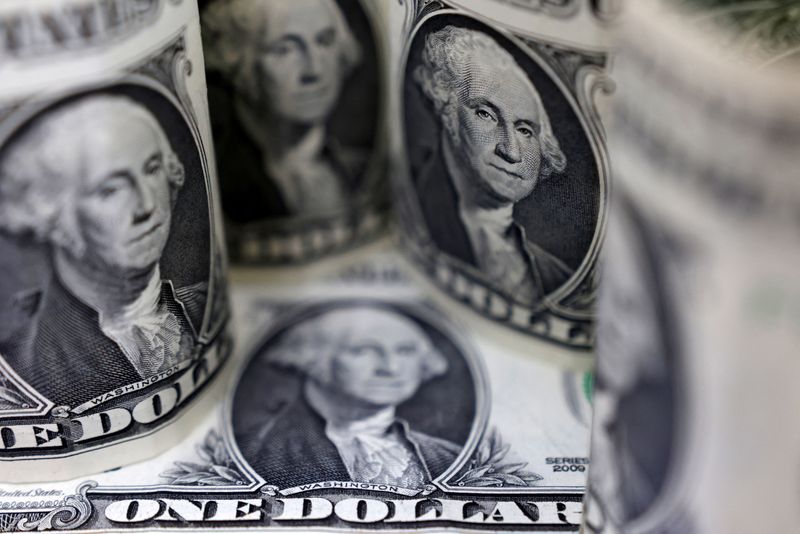Follow us on LinkedIn
A budget is a financial plan that outlines the expected income and expenses for a specific period, typically a year. It is a crucial tool that helps individuals and organizations manage their finances effectively and achieve their monetary goals. Similarly, budgets can help these parties monitor their spending, identify areas where they can cut costs or increase income, and work towards achieving those goals.
A budget can be a helpful monitoring and control tool. However, it cannot predict the actual results. In most cases, differences will exist with the original plan. These differences often fall under the definition of a budget variance.
What is a Budget Variance?
A budget variance is a financial measure that compares the actual financial results with the budgeted amounts. It evaluates how well an organization, department, or project is performing in achieving its financial goals. Usually, the difference between the actual results and the budgeted amounts is known as the variance. Users can use tools such as variance analysis to determine the cause of these differences.
Budget variances can occur for various reasons, such as changes in market conditions, unexpected events, or poor budgeting practices. By analyzing budget variances, organizations can gain insight into their performance and adjust their plans accordingly. For example, if an organization’s revenue is higher than expected, it might decide to invest in new projects or expand its services. Conversely, if expenses are higher than budgeted, it might reduce costs or revise its budget.
What are the types of Budget Variances?
Most budget variances fall into two broad categories, controllable and uncontrollable. A description of each of these is as below.
Controllable budget variances
Controllable budget variances are differences in a budget that the management can control. Usually, these occur in revenues and expenses or areas related to operations. For example, a business may have budgeted $10,000 in revenue for a particular period but only achieved $8,000 in actual sales. If the difference is due to poor marketing efforts or a lack of sales initiatives, the variance is controllable.
Uncontrollable budget variances
As the name suggests, uncontrollable budget variances are differences in a budget beyond the management’s control. However, it is still crucial for managers to understand the reasons for the variances and adjust their plans accordingly. For example, if a business is facing a downturn in the economy, managers may need to change their budgets to reduce expenses and conserve cash until conditions improve.
What is the difference between a favorable and unfavorable Budget Variance?
A favorable budget variance means that the actual results of a business are better than the budgeted or planned results. This variance can come from better-than-expected sales, lower-than-expected expenses, or a combination. For example, if a business had budgeted $50,000 in revenue for a particular period, but generated $60,000 in revenue, then the variance is considered favorable.
An unfavorable or adverse budget variance means that the actual results of a business are worse than the budgeted or planned results. This variance can come from lower-than-expected sales, higher-than-expected expenses, or a combination. For example, if a business had budgeted $50,000 in revenue for a particular period, but generated only $40,000 in revenue, then the variance is considered unfavorable.
Conclusion
A budget variance is a difference between an amount budgeted for and the actual result. It occurs when an entity over- or underestimates items in a budget. Usually, these variances fall into two broad categories, controllable and uncontrollable. On top of that, they can be favorable or unfavorable to the entity.
Further questions
What's your question? Ask it in the discussion forum
Have an answer to the questions below? Post it here or in the forum




